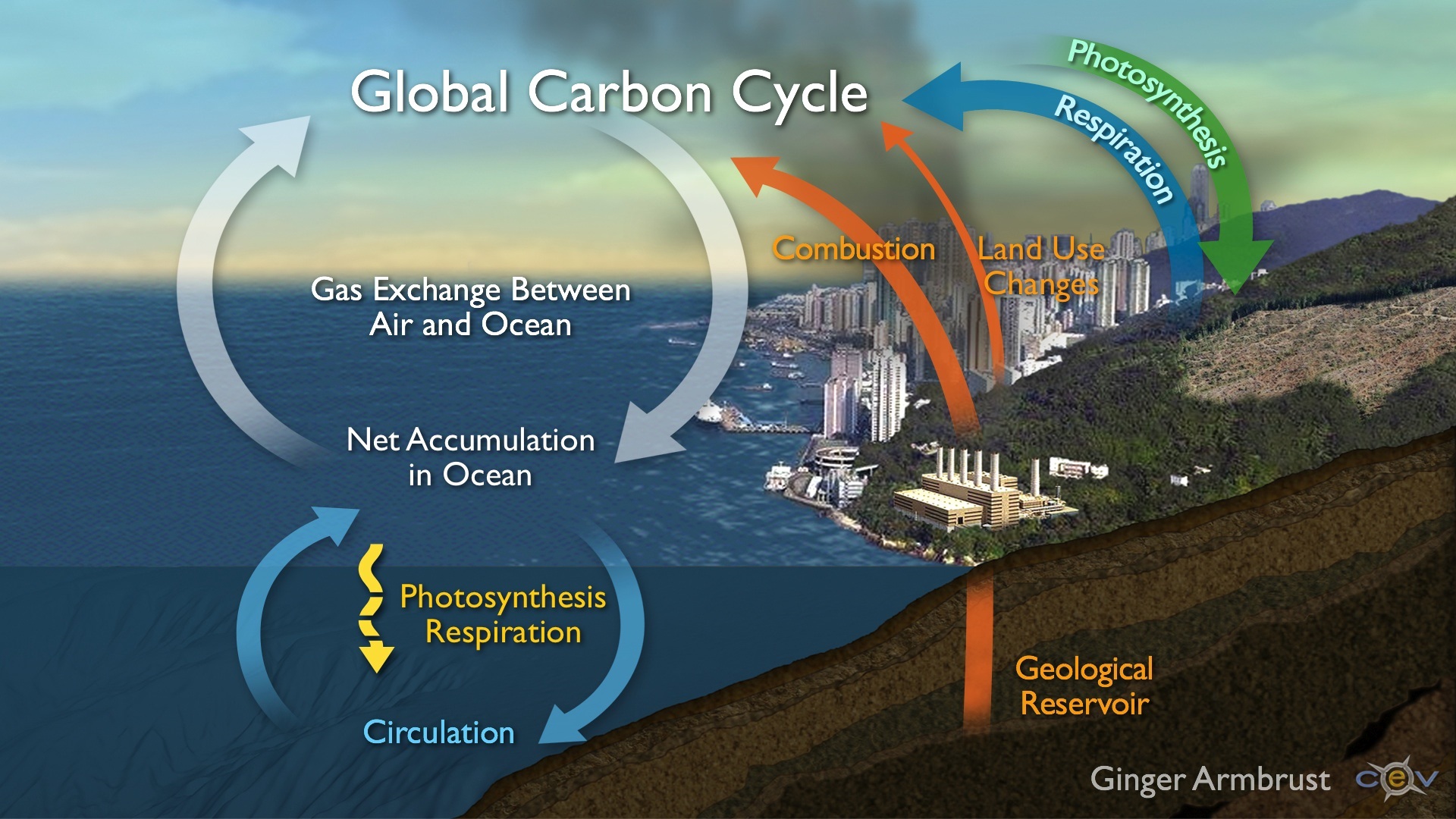Based on this information, the researchers were able to put their new records of pH (a scale of acidity) and CO2 levels in context of the range of future carbon emission scenarios that are recognised by the Intergovernmental Panel on Climate Change (IPCC).
Under a 'business-as-usual' future scenario where we continue to emit CO2 at the same rate as we do today, atmospheric CO2 would be near 930 parts per million in the year 2100, compared to around 400 parts per million today, researchers said.
Similarly, the pH of the oceans would be less than 7.8 in 2100 compared to a pH of around 8.1 today. This is very significant as the pH scale is logarithmic, meaning a drop of just 0.1 pH units represents a 25 per cent increase in acidity, they said.
These levels of atmospheric CO2 and ocean acidity have not been since the Middle Miocene Climatic Optimum period around 14 million years ago, when global temperatures were around 3 degrees Celsius warmer than today as a result of the Earth's natural geological cycle.
"The current pH is already probably lower than any time in the last 2 million years. Understanding exactly what this means for marine ecosystems requires long-term laboratory and field studies as well as additional observations from the fossil record," said Professor Carrie Lear, co-author of the study.













Comment